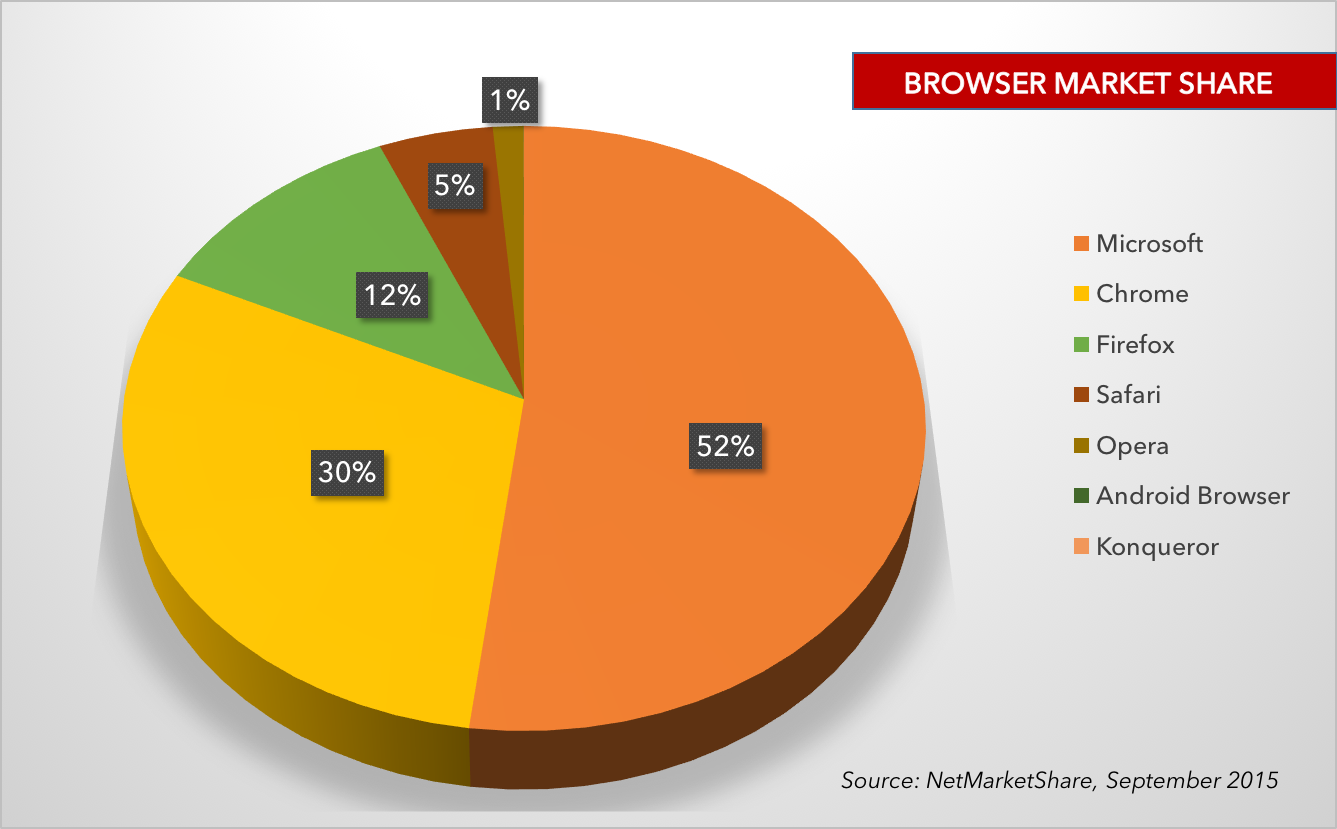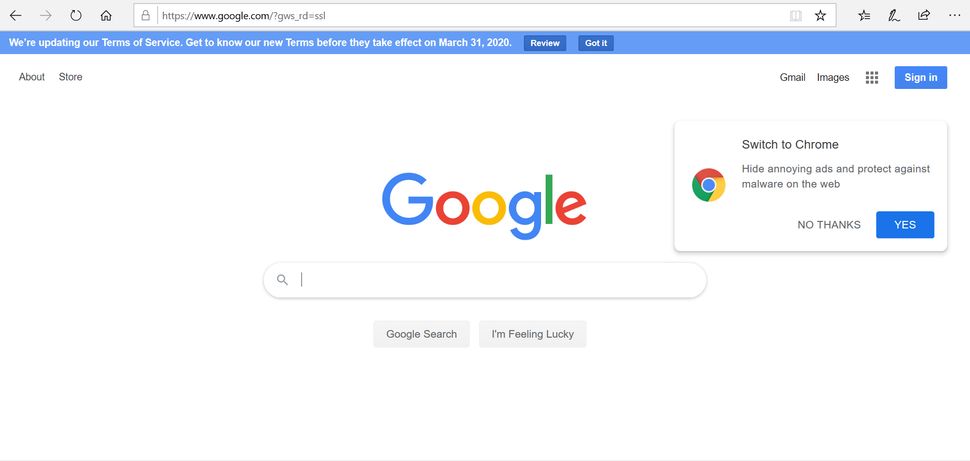

While the move to Chromium delivered a lot of things to Edge, one of the most crucial for power users was support for extensions. I then viewed the relevant app’s CPU and memory usage in Windows 10’s Task Manager to measure the impact. I loaded the same collection of four tabs on each browser: the Laptop Mag home page, a running 1080p YouTube video, Twitter and Google Docs. In my months of sticking with Edge as my primary browser I have definitely pushed it to its limits and bogged my laptop down with it at times, but that’s attributable to my own bad habits of loading far too many windows and tabs at once.Īgain, prior to each test I restarted my laptop and made sure that no other applications were running. Even Chrome’s most ardent fan would concede that it can be a resource hog, but Google has thrown a lot of attention at this problem over the last year.

Next, I took a look at the system impact that each of these browsers had on my laptop. I’m going to give the win in this category to Microsoft Edge, but it remains close enough that I wouldn’t make a determination on this factor alone. Google Chrome finished with a 73, winning four of the six categories, but not by enough. Microsoft Edge claimed the win by a reasonably narrow margin with a total score of 76, based largely on a much stronger performance in the Encrypt Notes and OCR Scan test.

To learn more about relationship-based ads, online behavioral advertising and our privacy practices, please review Bank of America Online Privacy Notice and our Online Privacy FAQs.Before testing each browser, I restarted my laptop and ensured nothing else was running to get as close as possible to identical conditions. These ads are based on your specific account relationships with us. In addition, financial advisors/Client Managers may continue to use information collected online to provide product and service information in accordance with account agreements.Īlso, if you opt out of online behavioral advertising, you may still see ads when you log in to your account, for example through Online Banking or MyMerrill. If you opt out, though, you may still receive generic advertising. If you prefer that we do not use this information, you may opt out of online behavioral advertising. This information may be used to deliver advertising on our Sites and offline (for example, by phone, email and direct mail) that's customized to meet specific interests you may have. Here's how it works: We gather information about your online activities, such as the searches you conduct on our Sites and the pages you visit. Relationship-based ads and online behavioral advertising help us do that. We strive to provide you with information about products and services you might find interesting and useful.


 0 kommentar(er)
0 kommentar(er)
